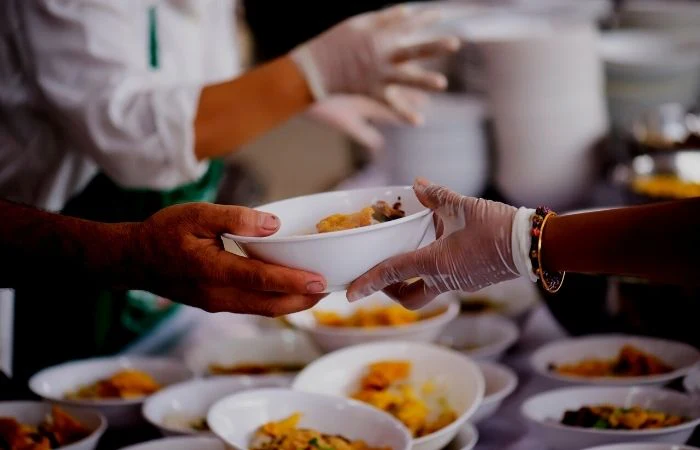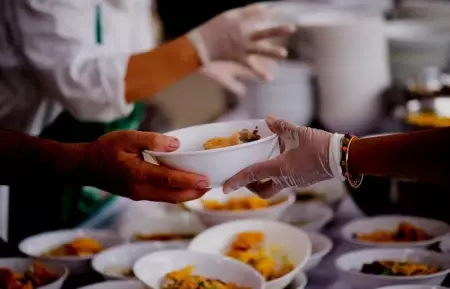The Importance of Food Donation
Food donation is more than just a charitable act; it is a powerful tool for combating hunger and reducing food waste. In many communities, especially those hit hardest by economic instability, food banks and shelters rely on donations to provide meals for those in need. According to the World Food Programme, nearly 690 million people go to bed hungry every night, a number exacerbated by crises such as pandemics and natural disasters. Food donations help bridge the gap between surplus food and the hungry, ensuring that edible items do not go to waste while people suffer from lack of nourishment.
Moreover, food donation fosters a sense of community and shared responsibility. It reminds us that while food is a basic human need, access to it is not always equitable. By donating food, individuals and businesses contribute to a more just society where everyone has the opportunity to meet their nutritional needs.
How to Participate in Food Donation
There are numerous ways to participate in food donation, making it accessible to everyone. One of the most common methods is contributing to local food banks, which distribute non-perishable items to families in need. Many communities have designated drop-off points where you can donate canned goods, pasta, rice, and other staples. Some food banks also accept fresh produce and dairy products, depending on their storage capabilities.
Another way to get involved is by organizing or participating in food drives. These events, often held during the holiday season, encourage community members to donate food items en masse. Schools, workplaces, and religious institutions frequently host these drives, providing a convenient way for people to contribute. Additionally, many supermarkets and grocery stores partner with food banks to collect donations directly from shoppers.
For those who prefer to support food donation financially, monetary contributions are always welcome. Food banks and charitable organizations use these funds to purchase bulk food items, maintain storage facilities, and organize distribution efforts. Donating money allows these organizations to fill gaps in their supplies, ensuring they can provide a balanced diet to those they serve.
The Benefits of Food Donation
The benefits of food donation extend far beyond the immediate relief it provides to recipients. For donors, the act of giving can be profoundly fulfilling. It allows individuals and businesses to make a tangible difference in their communities, knowing that their contributions are helping to alleviate hunger. Moreover, food donation promotes environmental sustainability by reducing food waste. In the United States alone, nearly 40% of food produced is wasted, a staggering amount that could feed millions if redirected to those in need.
Food donation also strengthens social ties within communities. When people come together to support food banks and shelters, they build a network of care and compassion. This sense of solidarity can lead to greater community resilience, particularly during times of crisis. Furthermore, food donation initiatives often spark broader conversations about food security, poverty, and social justice, encouraging more people to take action

















